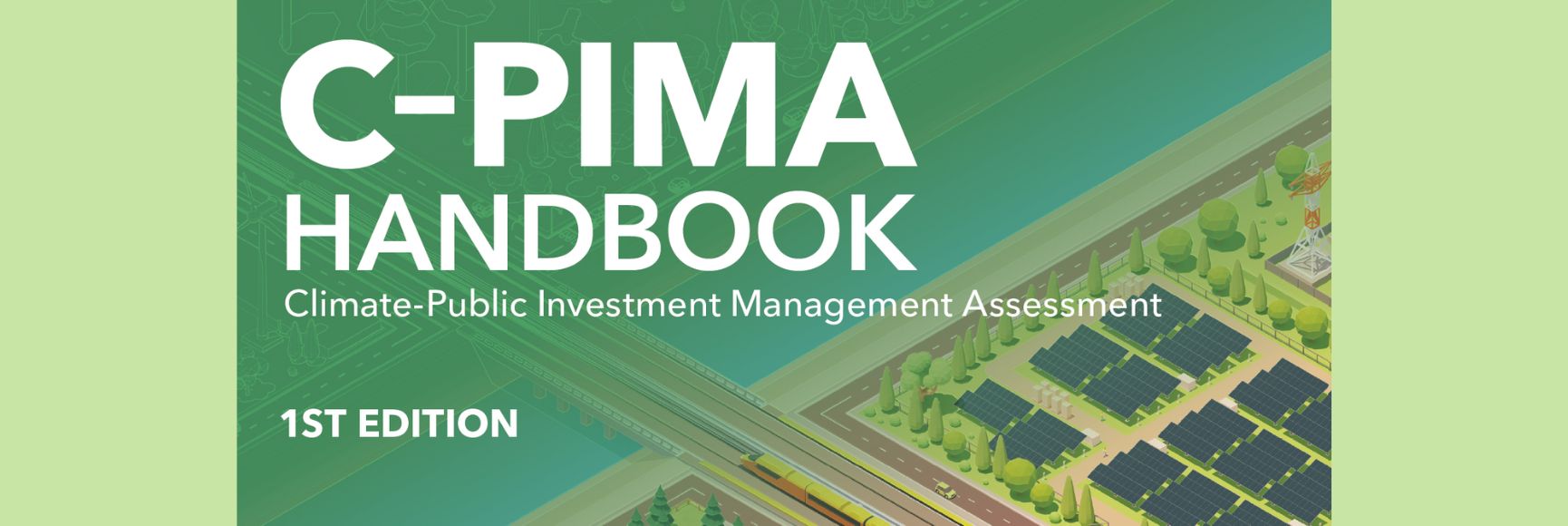This new tool offers Ministries of Finance (MoFs) the means to rapidly assess their climate capabilities and build the expertise and coordination mechanisms essential for a sustainable future.
The transition to a zero-carbon, climate-resilient economy represents a significant global structural shift with wide-reaching impacts. This shift will require a sustained increase in investment of at least 2% of GDP per year in advanced economies, and closer to 4–5% in emerging markets and developing countries. It will also demand managing growing risks to macro-economic and financial stability, designing fair policies to balance costs and benefits across society, and coordinating long-term planning across borders, sectors, and market players.
At the forefront of coordinating economic, fiscal, and financial policy, overseeing, indirectly or directly, more than $30 trillion in public spending annually through national budgets, MoFs are in charge of significant levers for driving climate action. Moreover, ambitious climate action will help MoFs fulfil their core priorities of driving growth and development, managing public finances responsibly, and maintaining macroeconomic stability. Indeed, climate change is not just an environmental problem, but a critical economic challenge.
The good news is that MoFs are increasingly stepping up their game: The Coalition of Finance Ministers for Climate Action (the Coalition) now brings together ministers of finance and economy from 95 countries, that, by committing to the six Helsinki Principles, have acknowledged the economic nature of climate change and their role in its global response. In the second iteration of the Coalitions’ Climate Action Statement, released earlier this month, MoFs have between them shared just under 500 climate actions they are currently undertaking – more than twice the number of actions featured in the first CAS in 2023.
These actions encompass a variety of areas, including climate policy coordination, strategic economic planning, increased MoF engagement in updating Nationally Determined Contributions (NDCs), the scaling-up of green finance through mobilization of public and private financial resources, implementing carbon pricing and the phasing-out of inefficient fossil fuel subsidies, and addressing macroeconomic climate and nature risks, along with associated adaptation and nature financing gaps.
However, building the capabilities needed to successfully integrate climate into their core functions is a relatively new and ongoing challenge for MoFs. Many lack the institutional basis for involvement in their government’s climate agenda, and for effective coordination with other ministries on climate issues. Moreover, the climate challenge demands new, specialized expertise and technical tools to address the pressing social and economic questions MoFs are facing.
For this reason, the Coalition has developed a new self-assessment tool, called the ‘Capability Assessment Framework (CAF) for Mainstreaming Climate Action in Ministries of Finance’.* The CAF aims to provide a high-level assessment that can serve as a ‘conversation starter’ on how to further strengthen the MoF’s role in whole-of-government climate action.
Specifically, the CAF is designed to enable MoFs to:
- Gain clarity over the extent to which climate action is integrated into the ministry’s core responsibilities and capabilities.
- Take stock of and connect climate-related activities and policies and initiatives happening across the ministry and identify key gaps and barriers to action.
- Define priorities for action and determine the need for follow-up in-depth assessments, capacity building or technical assistance (TA) tailored to the needs of the ministry.
Designed to be a high-level assessment tool, the CAF can be completed relatively fast, by a single responder or a small team (e.g., a climate unit), independently or with support from technical assistance providers. It aims to support MoFs in implementing the wide-ranging ‘opportunities for action’ presented in the Coalition’s flagship ‘guide’ to climate action published in 2023.
The CAF complements existing tools such as UNDP’s Climate Public Expenditure and Institutional Review (CPEIR) or the IMF’s Climate-Public Investment Management Assessment (C-PIMA). It also signposts the Coalition’s capacity building catalogue, that showcases a range of climate capacity building programmes for finance ministries. The CAF can also be used to inform requests to the NDC Partnership, in particularly as MoFs are stepping up their engagements to developing, implementing and financing the next round of NDCs.
*The CAF has been developed for the Coalition by a group of experts from E3G, IDB, IMF, NDC Partnership and 2050 Pathways Platform, coordinated by the Grantham Research Institute, and peer-reviewed by several MoFs. It is currently available as a pilot version in the form of a word document. Interested parties can request access by getting in touch with the Coalition Secretariat at Coalition Secretariat <coalitionsecretariat@financeministersforclimate.org>




